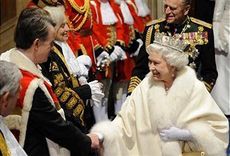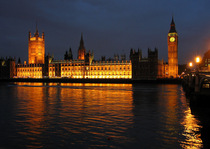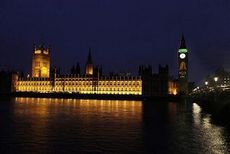An Open Letter to Alex Salmond
Dear Alex, Happy St Andrew’s Day! Today you publish your mildly-awaited plans for a referendum on Scottish Independence. Alas, unless the Liberal Democrats can be persuaded to endorse the bill, there’s little prospect of any such referendum actually happening. Such are the traumas of minority government. Of course, you find yourself trapped: if the SNP were stronger, the Unionist parties would refuse the referendum for fear they might lose it, but with the SNP seeming weak, and heading for a tricky Westminster election, they’ve concluded that there’s no point in having the referendum either. Why, they ask, give you the satisfaction? Some of the opposition is certainly personal. This, you














